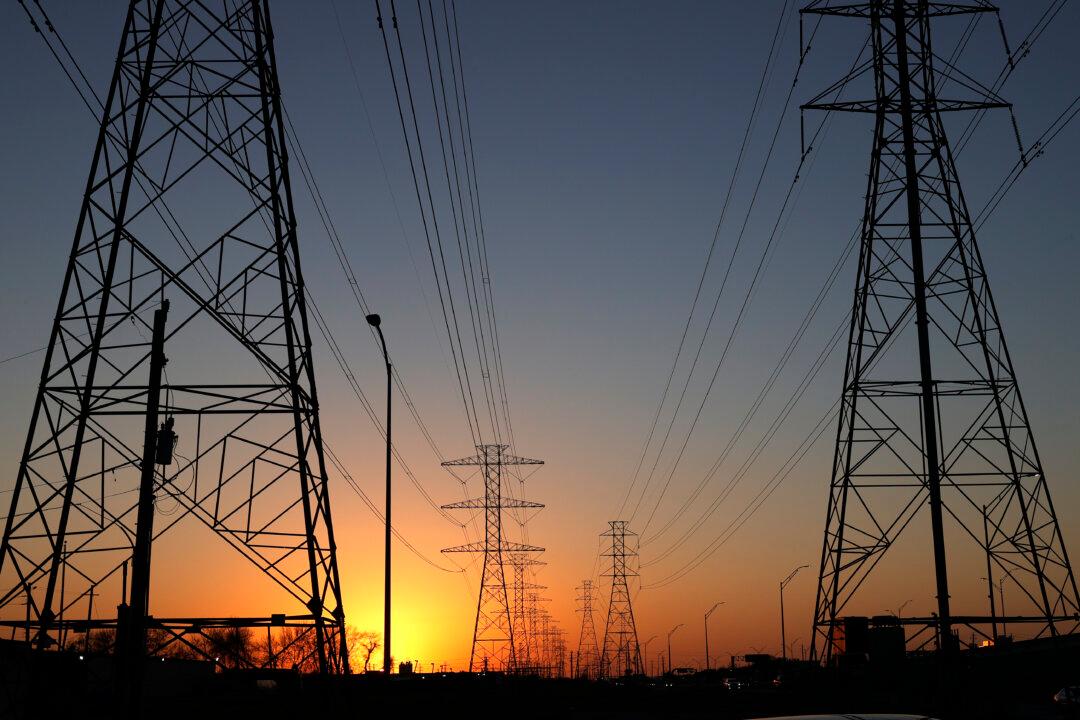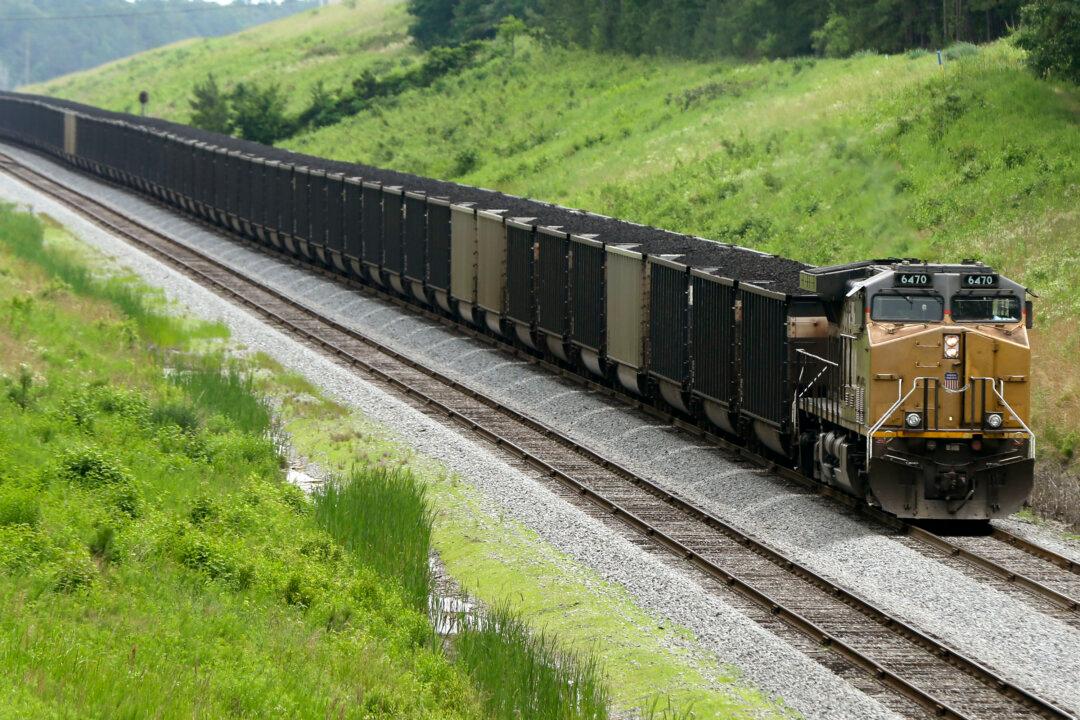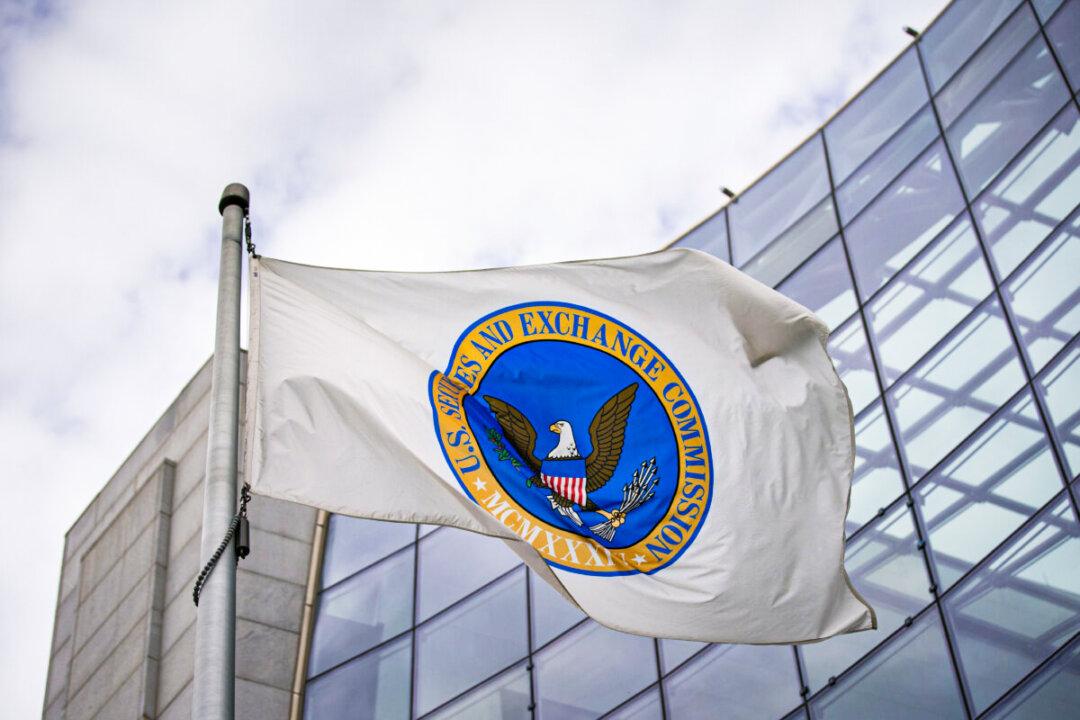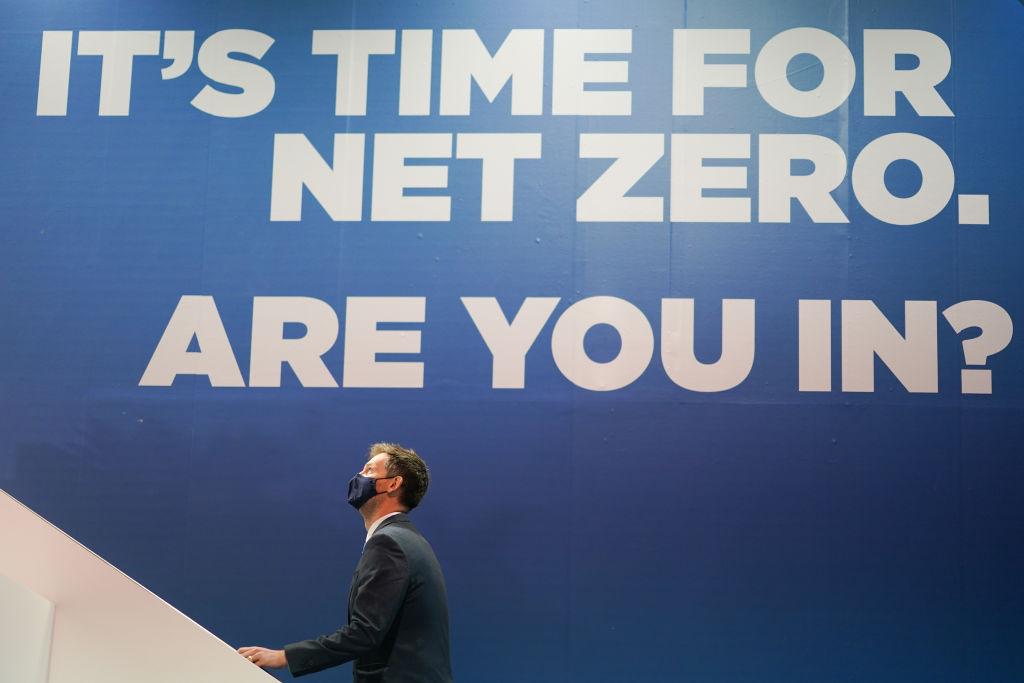Commentary
You’d think the Chinese Communist Party (CCP) would know better than to mess with Texas. But a planned wind turbine facility in West Texas owned by a Chinese entity with links to the CCP exposes just how vulnerable our electric grid is to national and cybersecurity threats.





